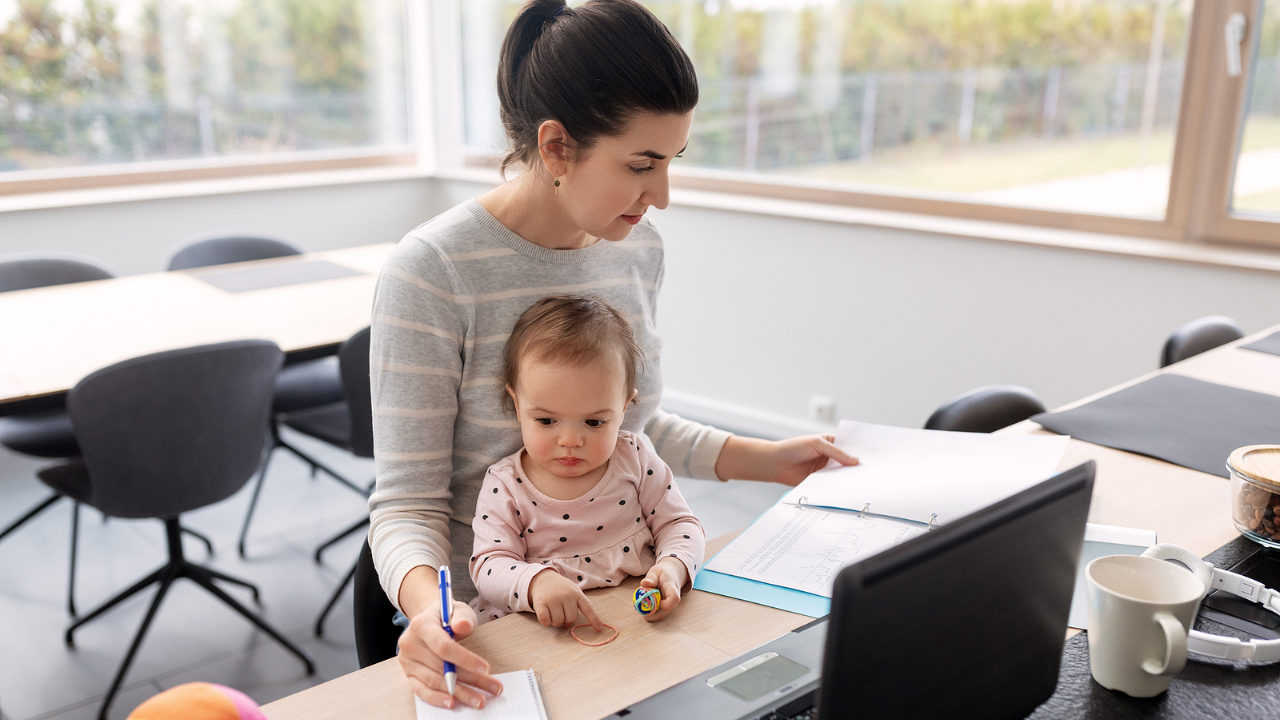Working from home has been one of the most highly sought-after work arrangements for years now, but now that it has become a reality in the midst of an unprecedented pandemic, workers may be struggling with this new found freedom.
Prior to the pandemic, remote working meant the flexibility to choose when and where you worked, without the restrictions of a physical office. Now, it means balancing both work and personal responsibilities, which can hurt productivity and the wellbeing of workers.
The research team at the Center for Women in Business and the Center for Women and Work at Rutgers University conducted a survey that revealed that men contributed 48% of household labor, while women reported 66%. Additionally, women perceived their male partners to contribute 29%, while men viewed their female partners contributing 45%.
These results reveal not only the inequality of household responsibilities between couples consisting of men and women, but also the perception of who contributes to this labor.
According to the findings, 30% of working parents saw an increase in productivity after the pandemic, while also reporting higher job satisfaction compared to those without children. This is partially due to a more balanced distribution of household labor.
While balancing work and home responsibilities during these stressful, uncertain times may be challenging, one positive outcome of this may be the dissipation of stigmas in relation to working parents. This could mean companies have leaders that are more empathetic and a workplace environment that better values the needs of their employees.

 Dr. Gleb Tsipursky – The Office Whisperer
Dr. Gleb Tsipursky – The Office Whisperer Cat Johnson – Coworking Marketing Maven
Cat Johnson – Coworking Marketing Maven Angela Howard – Culture Expert
Angela Howard – Culture Expert Drew Jones – Design & Innovation
Drew Jones – Design & Innovation Andrea Pirrotti-Dranchak – Competitive Advantage
Andrea Pirrotti-Dranchak – Competitive Advantage Jonathan Price – CRE & Flex Expert
Jonathan Price – CRE & Flex Expert Jeremy Fennema – Tech Innovation Alchemist
Jeremy Fennema – Tech Innovation Alchemist












